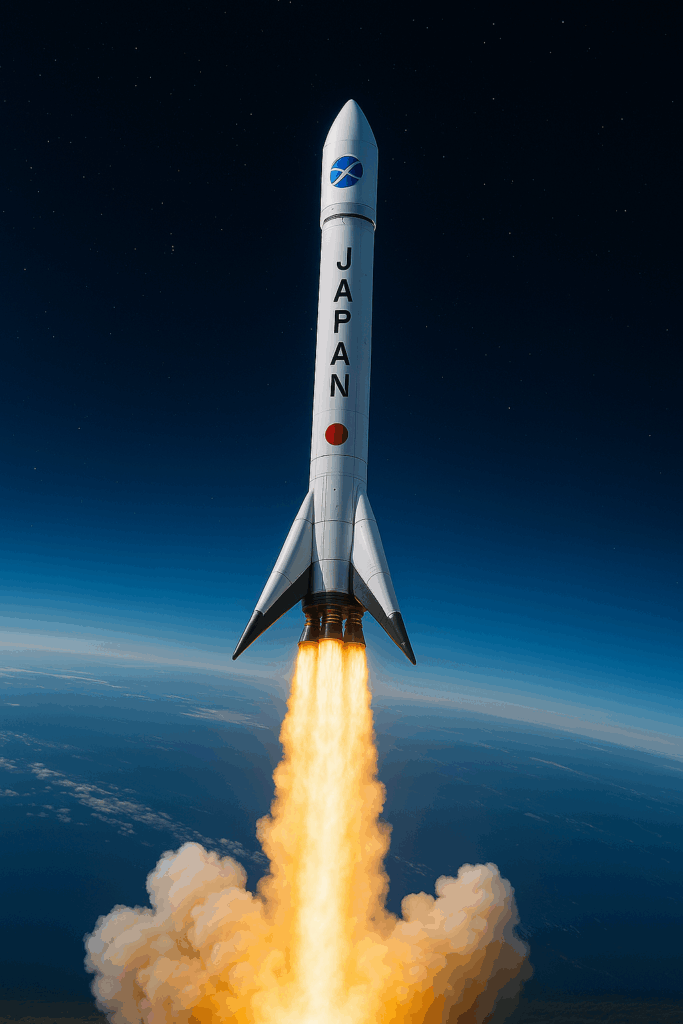
In a landmark achievement for Japanese space exploration, the Japan Aerospace Exploration Agency (JAXA) announced today it will utilize its newly developed reusable rocket, the “Momotaro-1,” to launch its advanced lunar lander, “Tsukuyomi,” to the Moon. The mission, slated for launch in late 2024, marks a pivotal moment for Japan, signifying its growing ambition and technological prowess in the global space race.
The Momotaro-1, named after a legendary Japanese hero, represents a significant departure from JAXA’s previous reliance on expendable rockets. Its reusable design, incorporating advanced propulsion and landing systems, drastically reduces launch costs and promises to accelerate the frequency of future missions. Successful recovery of the rocket’s first stage is considered crucial to the long-term viability of the program and a key step toward making space exploration more economically sustainable.
“This mission represents a giant leap forward for Japan,” stated JAXA President Hiroshi Yamakawa at a press conference this morning. “The development of the Momotaro-1 and the sophistication of the Tsukuyomi lander demonstrate our commitment to becoming a leading player in lunar exploration. This is not merely about planting a flag; it’s about advancing scientific understanding and pushing the boundaries of human ingenuity.”
Tsukuyomi, equipped with state-of-the-art sensors and high-resolution cameras, is designed to conduct a comprehensive survey of the lunar surface. Its primary objectives include mapping potential water ice deposits, analyzing the lunar regolith’s composition, and searching for evidence of past volcanic activity. Data collected by Tsukuyomi will be invaluable for future manned lunar missions and the establishment of a potential lunar base.
The mission also carries symbolic weight, representing a resurgence of Japanese ambition in space after several setbacks in recent years. The successful development and deployment of the Momotaro-1 is seen as a significant victory, overcoming considerable technological hurdles and demonstrating the country’s commitment to its space program.
While the exact launch date remains contingent on final testing and weather conditions, JAXA officials express confidence in the mission’s success. The upcoming launch is expected to draw significant international attention, positioning Japan as a key player in the burgeoning field of lunar exploration and solidifying its place as a technological innovator on the world stage. The world watches with anticipation as Japan embarks on this ambitious journey to the Moon, propelled by its groundbreaking reusable rocket technology.